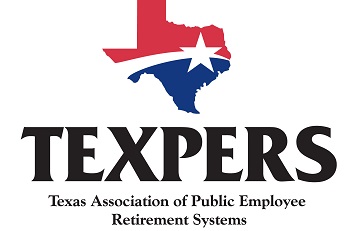Of great interest to us are the ‘model’ principles ALEC is alleged to have crafted to “solve the funding crises in state and local defined benefit pension and other post-employment benefit plans for public employees.” The solution, according to ALEC, is that “defined benefit plans be replaced by defined contribution plans.”
[You can find this on www.AlecExposed.org, a site that collects all the legislation pushed by ALEC. On the home page, click “Worker and Consumer Rights,” and then the link for the zip file for “Worker’s rights, trade, pension and privatization bills.” When you do that, you will find some 110+ bills that relate to those areas, including the ALEC statement of principles on benefits.]
A few observations about this ALEC ‘statement of principles’:
1) The statement is based on the premise that all cities and states face ‘funding crises.’ This simply isn’t true of all government entities. Many run themselves well, without accumulating a lot of debt. Others don’t.All of the above address the principles suggested by ALEC in their statement of principles. In one sense, Texas is already in compliance with the ALEC principles.
2) The Texas Pension Review Board requires Texas systems to provide several measures of their health, including their funded ratios and their amortization periods. Unfunded liabilities are not debts. That would be like considering the car you want to buy five years from now a part of your current debt load. A lot of things can happen in five years. You may change the type of car you want, you may get a better job with more disposable income available to you, or you may decide to postpone buying. There’s a reason that the pension liabilities aren’t considered part of a city’s debt structure.
3) In many Texas cities, like the case in Houston, debt obligations to fund pension liabilities already are presented to voters.
4) The approval of the Texas state legislature is required to approve any changes to the retirement benefits of each local systems plans.
5) Most Texas systems provide for sharing arrangements of contributions to the retirement systems.
However, none of these principles prove the need for defined contribution plans as the better option for taxpayers.
In fact, our studies show that taxpayers receive the most bang for their buck by continuing to support defined benefit plans in their cities. Our studies used actual data and did not even incorporate the additional training costs that are involved with staff turnover. Defined benefit plans are the most effective in attracting and retaining great employees over time. We shudder to think what would happen to budgets if young firefighters and policemen become enticed to pursue higher paying jobs as they grow into their 30s and 40s, with families to feed and tend. The only reason most forgo opportunities for more pay is their pension plan. Their defined benefit pension plan, that is. We wish we would see ALEC consider more of those concerns in their statements of principles.
In sum, many of the ALEC principles are already in use in Texas, but their core proposal, that DC plans replace DB plans, just simply isn’t supported by any facts. It’s like saying that 2+2=4, but we then need to divide by 0. We don’t. – Max Patterson
